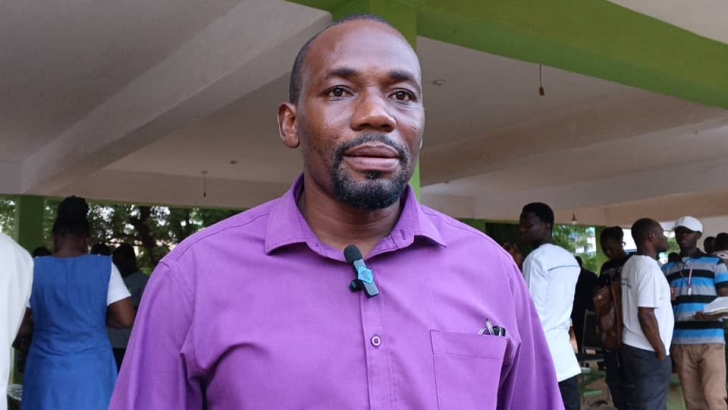An Associate Professor of Agricultural Economics at the University for Development Studies (UDS), Professor Franklin Nantui Mabe, has challenged African leaders to take concrete action on long-standing demands for reforms at the United Nations (UN), instead of what he describes as repeated “lamentations” at the General Assembly.
Taking to his social media page to express his views, the Professor wrote: “So, can’t 54 African countries boycott the UN if they feel not included in the decision-making? Why should our leaders continue to lament every time they have the opportunity to address the United Nations General Assembly? Lamentations without action can be equated to cos 90 or log 1. Africa, act now and stop lamenting.”
His comments follow renewed calls by African presidents at the 80th UN General Assembly for the continent to be given permanent representation on the UN Security Council.
Africa’s long-standing demand
Since 2005, the African Union (AU) has advanced the Ezulwini Consensus, which calls for at least two permanent seats for Africa with full veto powers and additional non-permanent seats.
African leaders argue that the Security Council’s structure, established after World War II, excludes Africa despite the continent comprising more than a quarter of UN membership and hosting the majority of peacekeeping operations.
Strong words at the UNGA
Kenya’s President William Ruto told the Assembly recently: “You cannot claim to be the United Nations while disregarding the voice of 54 nations.” Ghana, South Africa, and Rwanda echoed similar sentiments, urging urgent reforms to reflect modern global realities.
Despite decades of appeals, little progress has been made on UN reform. Analysts say the failure of African states to adopt a single, binding negotiating strategy has weakened the continent’s position against the five permanent members — the US, UK, France, Russia, and China.
Boycott or strategy?
Prof. Mabe’s call has reignited debate over whether Africa should consider boycotting UN processes to press its case. Supporters of the idea argue that a collective walkout could send a strong signal, while others caution that such a move could backfire, causing Africa to lose its global platform and struggle to maintain unity among 54 states with differing interests.
Observers note that Africa’s best chance may lie in forging alliances with Latin America and Asia, adopting a more coordinated AU negotiating framework, and pushing for incremental reforms while maintaining its demand for permanent representation.
The big question
With UN reforms stalled for decades, critics say African leaders must decide whether to continue making the same appeals every September in New York or take bolder collective steps.
As Prof. Mabe summed it up: “Africa, act now and stop lamenting.”

